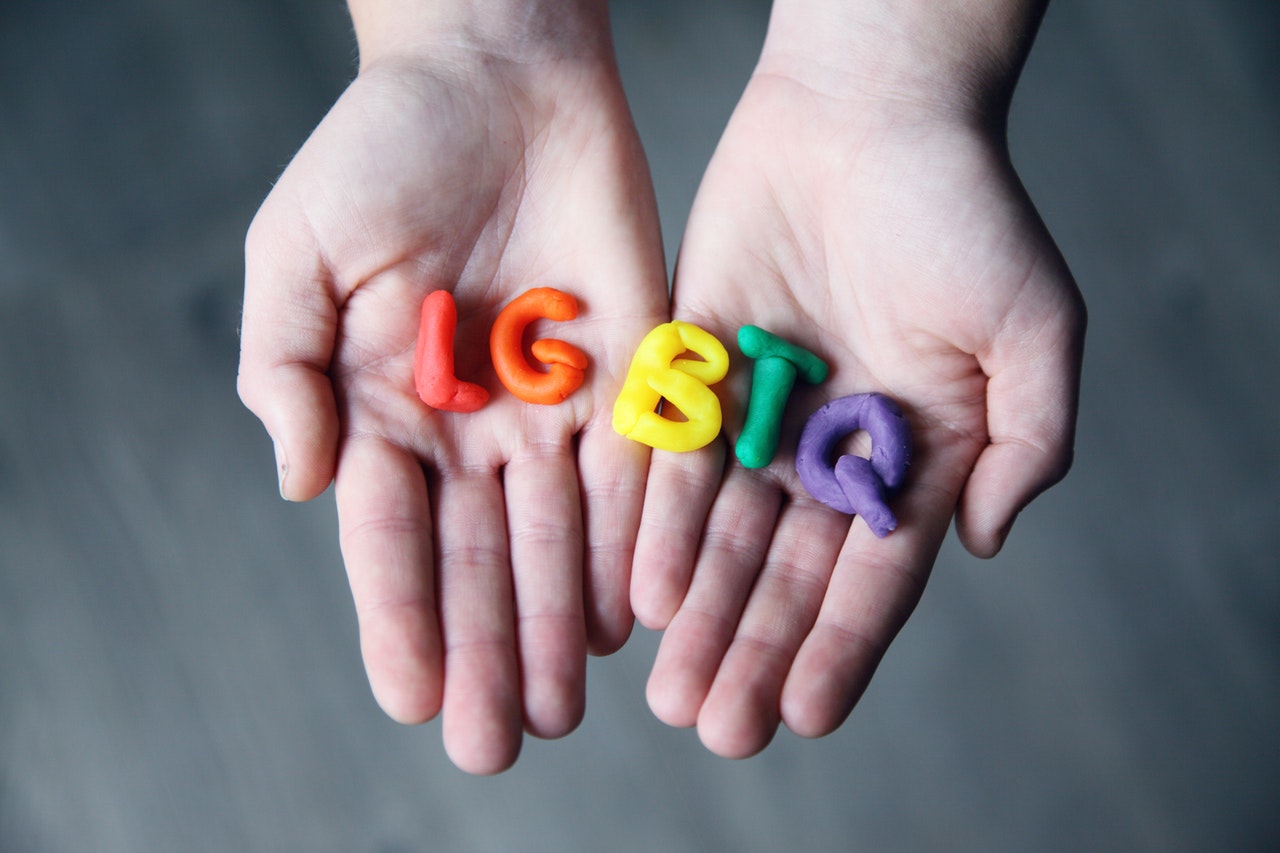
Out of the Closet: The 6-Stage Model of Coming Out
Every gay person’s coming-out story is going to be different from the rest. But it is a process of understanding, accepting, and valuing your sexual orientation and identity. Coming out can be a gradual process or something very sudden.
It involves accepting yourself first, realizing that it’s time to acknowledge what you have likely been feeling for quite some time. At the same time, it is also a time to explore your identity and share it with others.
The Six Stages of Coming Out
In 1979, clinical psychologist and sex therapist Vivienne Cass developed the Cass Theory—a model that describes the developmental process individuals go through as they consider while acquiring their homosexual identity. The model includes lesbian, gay, and bisexual identities.
A follow-up article by the University of Wisconsin states that “gender is societally considered much less fluid—having its complicated steps of identity and development.”
Although a model expresses the process of accepting one’s true self, demographics and other factors can also affect development and cohesion. The six stages are not the same for everyone as everyone’s identity development has unique components.
Stage 1: Identity Confusion
Generally, people assume their identity with the heterosexual or gender-conforming majority. However, as people try to fit in society’s standards, the identity comes into question through thoughts, emotions, physical reactions, and other experiences that question their identity as heterosexuals.
Stage 2: Identity Comparison
Stage 1 doesn’t usually end with denial or avoidance. Most of the time, it continues to identity comparison. Stage 2 includes social alienation, a feeling of being out of place or difference. During this stage, people start to accept that they are different from others or inhibit who they genuinely are to avoid scrutiny.
Stage 3: Identity Tolerance
Meanwhile, other people begin to exemplify a greater level of commitment to the LGBTQIA+ community. Instead of hiding who they are, they start to find subcultures where they belong and fit in. During this stage, they will feel more alienated by the gender-conforming group. However, their newfound subculture will help them lessen the alienation and loneliness that they’re feeling.
Stage 4: Identity Acceptance
A sign of identity acceptance is when the person feels more connected around people from the LGBTQIA+ community and prefers being with them more than cisgenders. During this stage, people start to disclose who they are to people close to them or to allies that will keep their identity a secret.
Stage 5: Identity Pride
People will identify themselves with the LGBTQIA+ community in the identity pride stage and may even choose it over the heterosexual community. During this time, people who have taken pride in their identity may devalue the heterosexual individuals and institutional values to revalue LGBTQIA+ individuals.
Stage 6: Identity Synthesis
While identity pride establishes a dichotomy between the LGBTQIA+ community and the heterosexual community, identity synthesis breaks that dichotomy and allows the individuals to accept, respect, and support cisgenders who exude the same energy towards the gay community.
Also considered a full-circle moment, during this time, the individual might realize that their gender identity is not the only defining aspect of their identity. Instead, they may find out that their identity can be part of many other things.
Conclusion
Coming out can be a complicated process to go through. Society enforces codes of behavior regarding sexual orientation and gender identity that most people consider as society’s definition of their gender. Although coming out can be difficult, it can also be a very liberating and freeing process. But remember that no matter how much society forces you to come out, do it at your own pace and when you feel the time is right.
Thriving Center of Psychology offers online counseling for those in need of a mental health therapist. Get matched with a therapist who understands your concerns about your gender identity. Take the survey on our website and schedule an appointment right away.

Leave a Reply